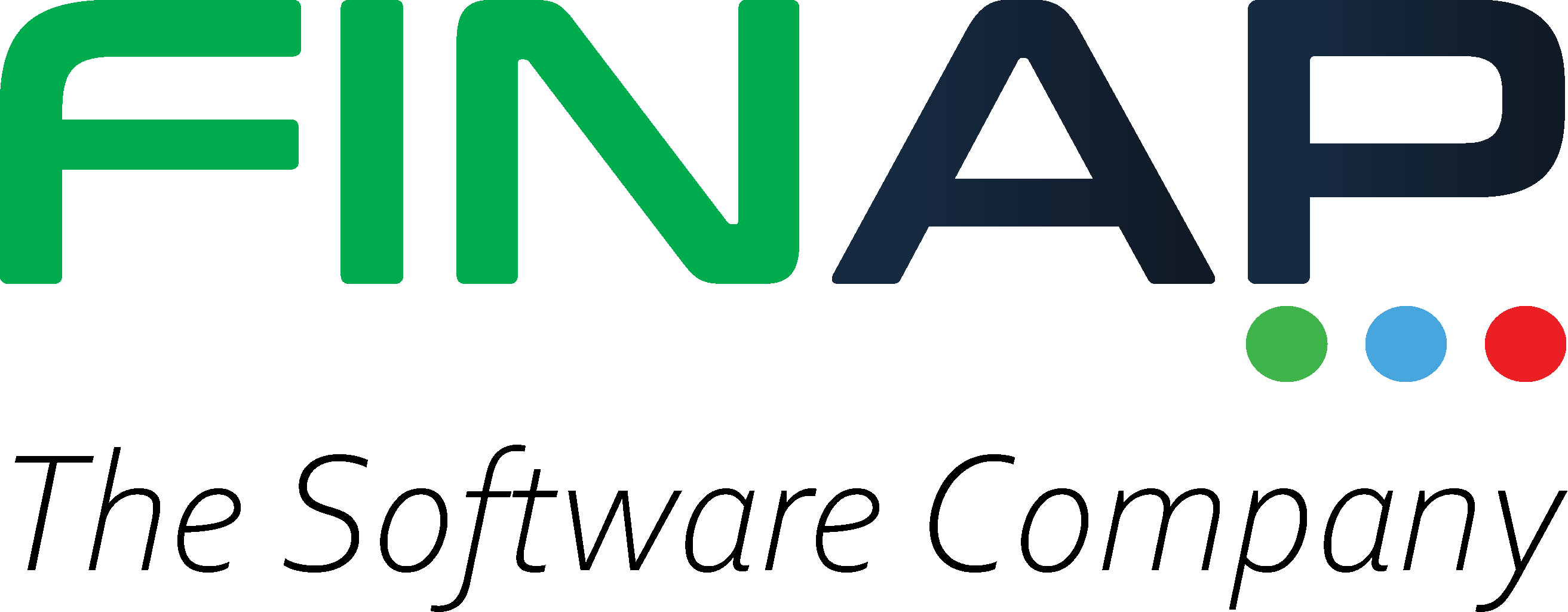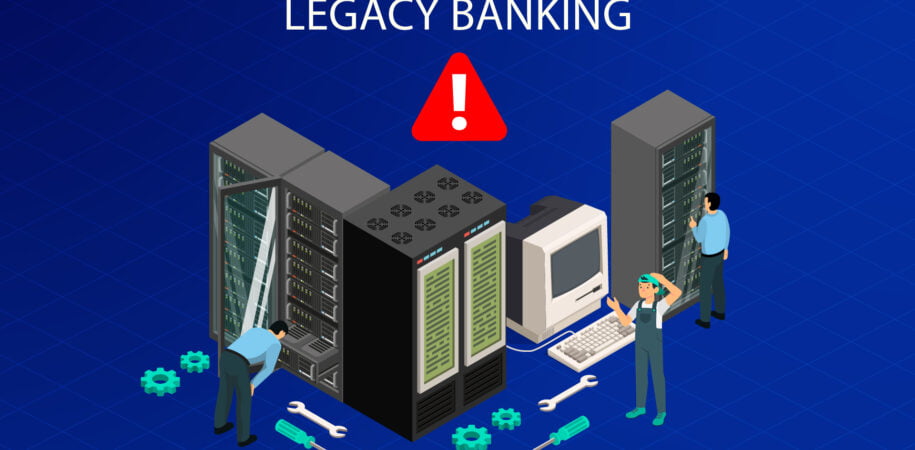A legacy system is an obsolete software, hardware, or programing language. What makes it obsolete is not merely its age. It is very difficult to update or maintain legacy systems and users often get little or no technical support from the vendor. Even if a legacy system is fully functioning, there are better alternatives available in the market. The banking industry has famously shunned new technology for decades. Even some of the world’s top banks still use decades-old technologies, such as IBM mainframes of the 60s and 70s. Despite the phenomenal advances happening in Fintech, many financial institutions keep holding on to their legacy systems while trying to overlay a digital front-end on top.
Why do banks prefer legacy systems?
One of the main reasons is the nature of the industry. The banking sector is one of the most strictly regulated industries in the world. Banks are required to save and protect vast amounts of customer data. Any discrepancies would result in loss of reputation, which would be catastrophic for a banking corporation. Hence banks typically are skeptical and steer clear of many technological developments.
Further, upgrading to new technology is a costly and time-consuming process. Legacy systems maybe inefficient but still, they do work and get the job done from the bank’s perspective. Many organizations are not inclined to change legacy technology as long as it serves their current business requirements. As the famous saying goes, “If it ain’t broke, don’t fix it”. So why should banks invest in new technology?
Risks of using legacy systems
Most cyber-attacks are financially motivated. Financial institutions are frequent targets of many cyber- attacks. According to Cisco Systems Inc, financially targeted cyber-attacks such as phishing, (DDOS distributed-denial-of-service), Man-in-the-middle (MitM), and ransomware are on the rise.
With outdated archaic legacy systems in use, Financial Service Providers (FSPs) are perfect targets for
cyber criminals. Even outdated operating systems could be categorized as legacy software. Despite continuous warnings from Microsoft, some business institutions still use older Windows OS versions. As a result, attackers can exploit serious security gaps of these operating systems.
Many legacy systems also are ill-equipped to protect data from internal breaches as well. Some legacy systems have difficulties in setting up privileges for administrators; hence every user has access to some data which they shouldn’t be exposed to. According to the 2021 Data Risk Report, an average FSP employee has access to 13% of the company’s total files. It implies that FSP employees around the world have unrestricted freedom to view, alter, delete, or steal millions of files containing sensitive customer
information. Modern systems are equipped with role-based access control (RBAC) and can set up privileges that can prevent most internal breaches.
Older systems have extremely weak password configurations compared to today’s standards. For instance, a system protected by an eight-digit password could be easily hacked into, with techniques such as brute-force attacks.
Today’s consumers are digital savvy and are up-to-date with the latest industry trends. Consumer expectations today are becoming much higher than ever before and they demand better, faster & convenient banking services. Low-cost neo banking services and payment gateways are widely gaining popularity due to their simplicity and user-friendliness.
Upgrading from legacy systems
“Today, every company is a software company. You have to think and act like a digital company. It is no longer enough to just find a solution and implement a solution. It is not a simple software solution. Rather, it is about the future of every company in digitization.” – Satya Nadella, CEO of Microsoft
The words from the Microsoft CEO sums it all up. In an age where every aspect of a business is digitalized, every company must pay careful attention toward digitalization.
Regardless of the industry, you are in, investing in good technology is always a sound business strategy that enhances efficiency and employee satisfaction giving your organization a competitive edge. In order to keep up with the competition banks must rethink their approach and remodel infrastructure.
Although upgrades may cost heavily in the short term, maintaining legacy systems would cause substantial losses in the long run while gaining zero competitive advantage. Newer systems offer far more reliability and are easy to use. With the increasing number of cyber-attacks that target banks, it is an appropriate time to leave legacy systems behind and look to the future.
A futuristic banking solution awaits…
Oceanus – Neo Banking & Wallet Solution built by FINAP Worldwide addresses many shortfalls of legacy banking. Oceanus is a four-in-one solution with Full-fledged Core-Banking, Agent Banking, Merchant Banking, and a Digital Wallet all fused into one application. Oceanus operates in a cloud-native platform which could serve FSPs such as traditional commercial banks, specialized banks, neo banks, finance companies and payment gateways alike to offer their products & services. Oceanus provides the facilitator an advanced core banking backend on the cloud while fully digitalizing the consumer banking experience in a mobile ecosystem. Oceanus – Neo banking & Wallet Solution could delight the customer base and put the FSP miles ahead of its competition!


